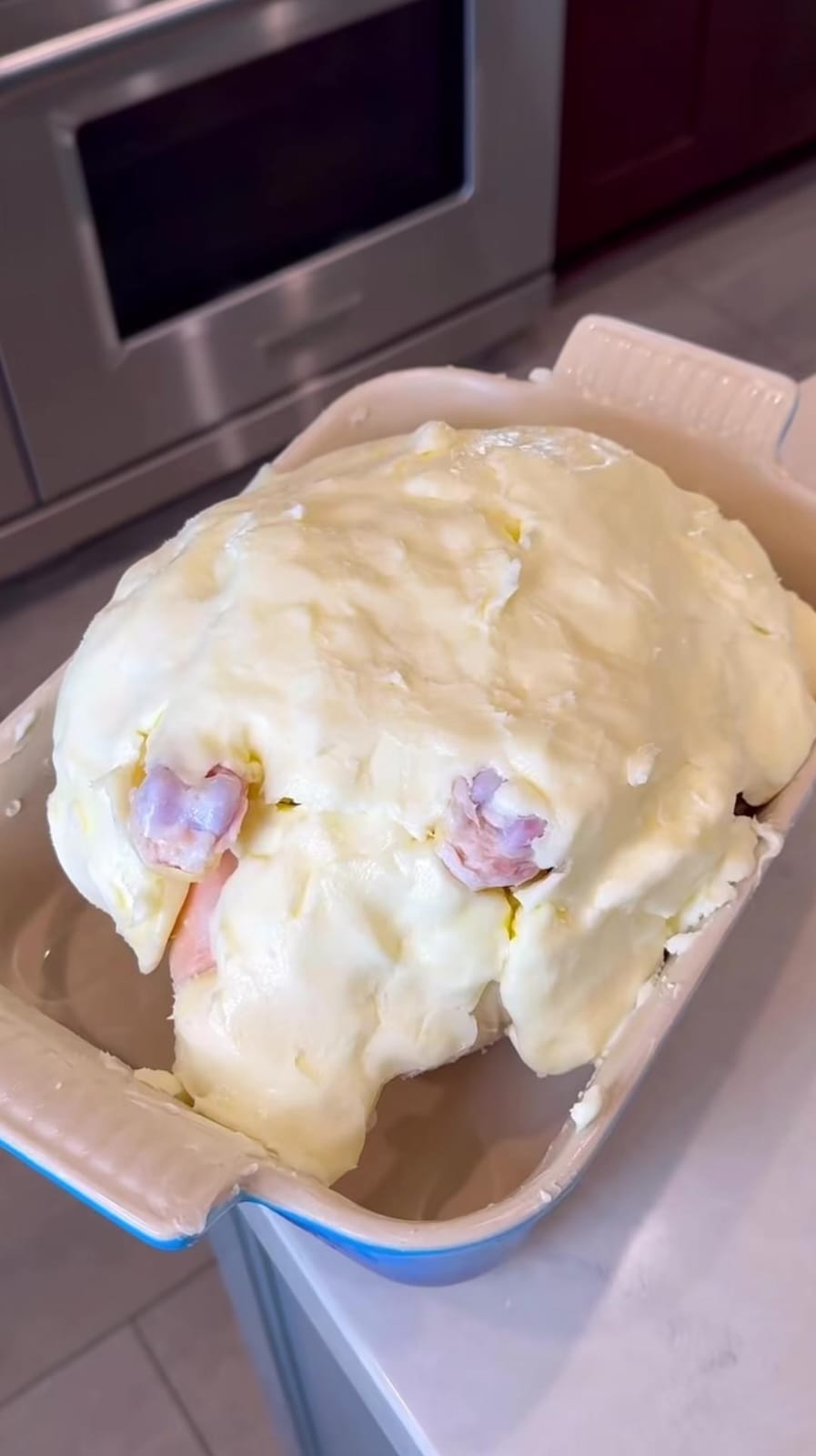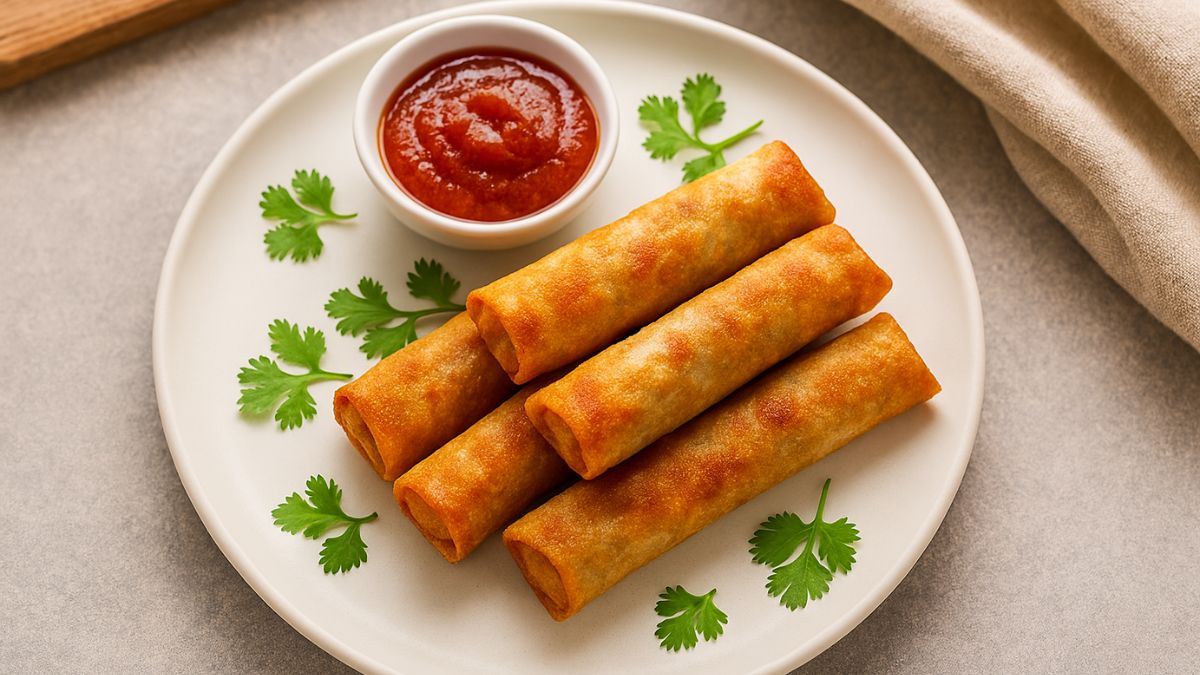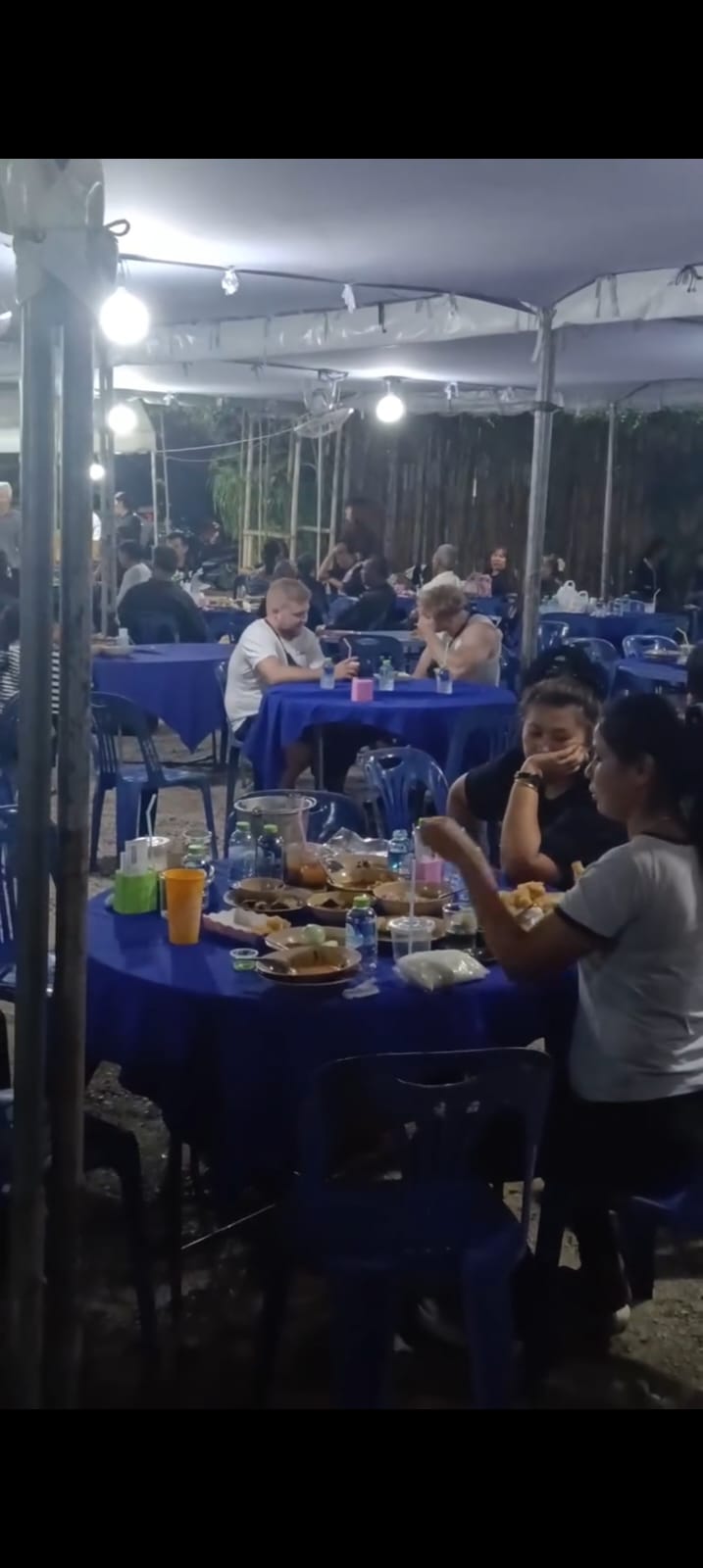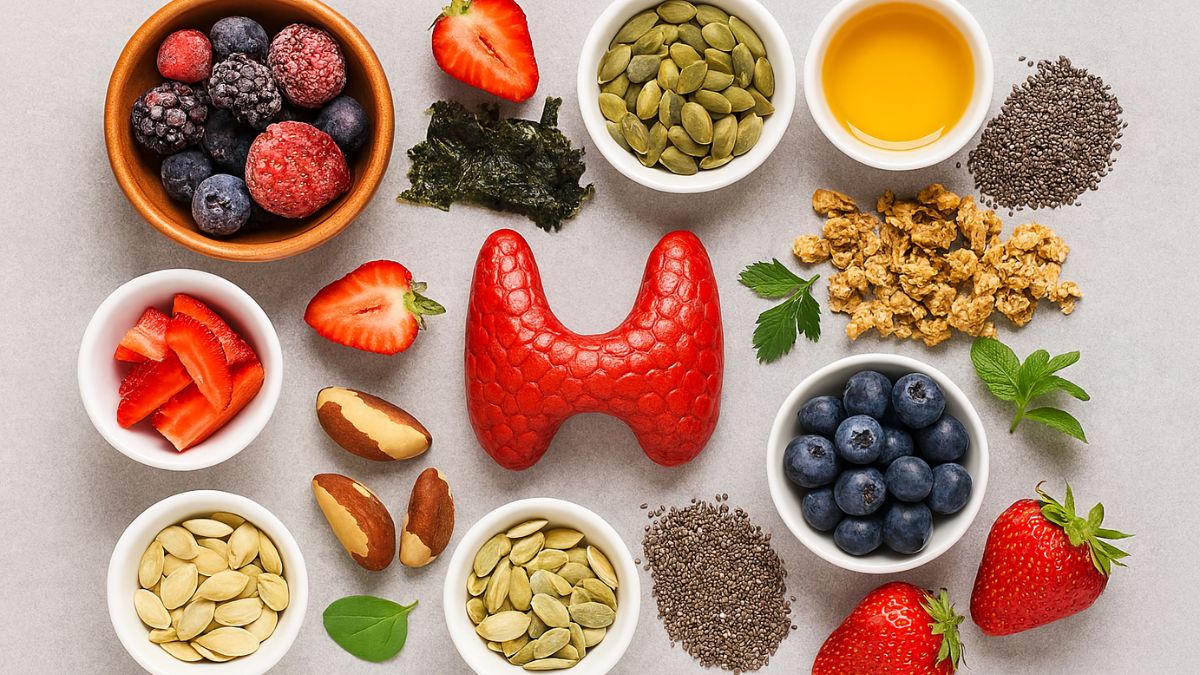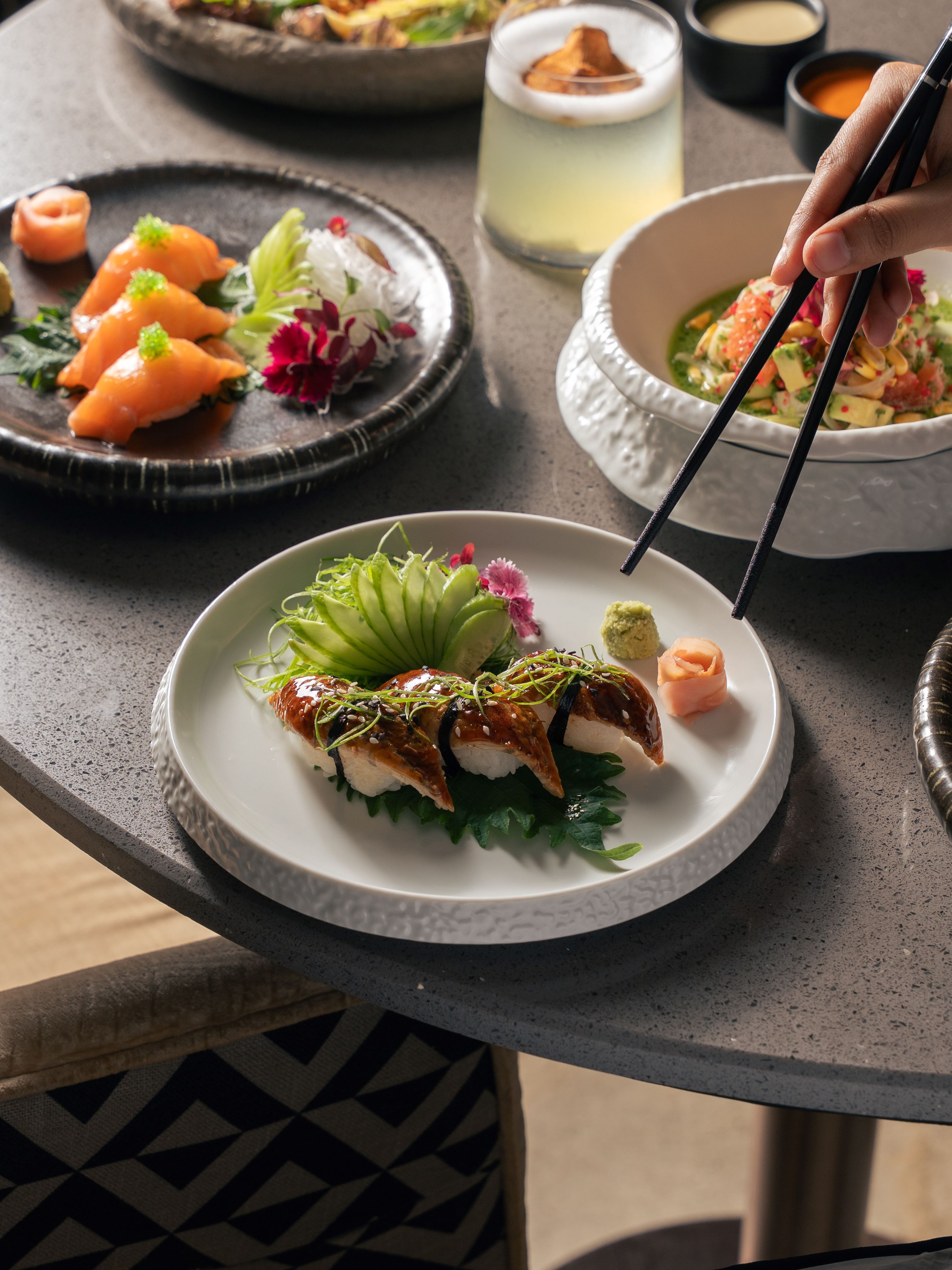The Fast Food & Café Convention's 3rd edition was organised recently at The Leela Ambience in Gurugram. The grand event saw various delegates from the F&B Industry sharing ideas and insights related to new trends in the industry. Amongst the many enthusiastic participants and esteemed panelists present at the day-long convention was Rahul Singh, President of NRAI. The NRAI or National Restaurant Association of India is the country's premier body representing 1,00,000+ restaurants, bars and café owners and operators. The organisation has a pan-India presence comprising of leading domestic and international brands, suppliers and educational institutes associated with it.
Rahul Singh, who is also the Founder/CEO of Beer Café spoke at length about NRAI's association with the Fast Food & Café Convention, challenges he faces and plans for the year 2019. Here are some snippets from his chat with NDTV Food Editor, Tanu Ganguly:
Tell us more about NRAI's association with Fast Food & Café Convention
QSR is the largest and the fastest-growing component of the food service industry in the organised sector. QSR, or what's also called the fast food segment is the largest component of the NRAI repertoire and when the organisers decided to do something so focussed as Fast Food & Café Convention (FFCC), it is but natural for NRAI to participate.
As an umbrella body that represents over 1,00,000 plus restaurants across the country, what is your biggest challenge?
There are two kinds of players in this industry; one, who believe in this institution and two, who question if it is worthwhile to pay a membership fee or whether it will be beneficial for them? The challenge is to bring restaurants on-board BEFORE they face a crisis! More often than not, we become crisis managers for them and that's when they realise the importance of being a member of NRAI, which I think is not the right way. NRAI is a 36-year-old organisation and players who are already established in the field like McDonald, Dominos, and Café Coffee Day among others are members and even young members are now approaching us.
So what are the top reasons on your list that are stopping restaurants from becoming members of NRAI?
I think it is complacency; some people think who is going to fill up the membership form, is it even worth the fee that they will pay and will it value the restaurant? All you need to do is to spend INR 6000 per year, which is 500 per month and I think the deal is not bad. Moreover, everything is digital; our circulars, notifications, payment gateways are all available on the website and even on WhatsApp. In fact, you also get a chance to collaborate with restaurants, chefs and other important people, which you may not be able to do otherwise.
Talking about Hygiene - You know when it comes to five star properties you expect certain standards, but it sort of diminishes when it comes to standalone eateries. FSSAI recently said that every restaurant will have a food supervisor and NRAI is helping them do this. How is this going ahead?
We are working in tandem with the FSSAI, which is a progressive government department. It is very well addressable and their vision is to have a safe food environment for the country. For NRAI, food safety is paramount and there is no chance that you can overlook food-safety. Any NRAI member can join our food training programmes that are organised in most cities across the country and no member pays for it. Each and every outlet has to have a supervisor and has to be trained on food service and food-safety. They also get a certificate on the completion of the programme.
Let me also tell you that FSSAI is about to come up with a ranking process started with what we call self-audit. Restaurants will have a ranking system, which will allow the customers to see the rating and know the standard of the restaurant, irrespective of what kind of a restaurant it is; be it five-star or a small set-up. So, basically parameters will not be set on price-points; instead they will be set on compliance, food-service, safety, cleanliness, and management.
Last year has been quite challenging for smaller restaurant owners with changing laws and new policies. How has NRAI helped in dealing with the changes?
The hurdles we have faced can be defined in three words- hyperlocal, real time and dynamic. Hyperlocal, because a problem in one area will be different in other area in the same city. Secondly, problems are real-time, because they can happen at any given time and dynamic because the same problem wouldn't repeat twice; which means the nature of the problem changes dynamically before even you can realise. We work with the restaurants and bring out relevant solutions and ensure that these problems do not occur again.
What would you tell someone who is planning to launch a restaurant?
Passion is important more than anything in life. It is a high risk business, but it is a great decision to become an entrepreneur. It is low on investment, requires less skill-set and much less capital. Don't do it for glamour, do it because you believe in the business.
Does NRAI have an arm that talks directly with the customers? Is there a need for that?
No, the customer grievances are more relevant to the individual entity and not NRAI. We do have an inbox in which anybody can talk about their problems. However, we have such accessibility for our members. In fact, we hold regular city-wise meetings to hear them out.
At Beer Café, how do you deal with customer grievances?
We have three in-bound solutions; one is filing complaints through email ID, giving feedbacks through the app like Zomato and TripAdvisor. In fact, the feedbacks coming through such websites can be overwhelming, considering some of them can be made up or wrong. So we have a system where artificial intelligence figures out if the feedback is genuine or not. If it is a genuine concern I do get involved because addressing grievances is one of the most important aspects in this industry. It needs more human interaction than just mere chat bots.
For the year 2019, what are your top agendas as President of NRAI?
Top three agendas for the next year are: To get more members on-board and encourage them to join NRAI for their own benefits; secondly, the India Food Service Report that Nielson will bring out this time in February next year. And finally, looking at the government side of it and to ensure following newer policies set by the FSSAI.
